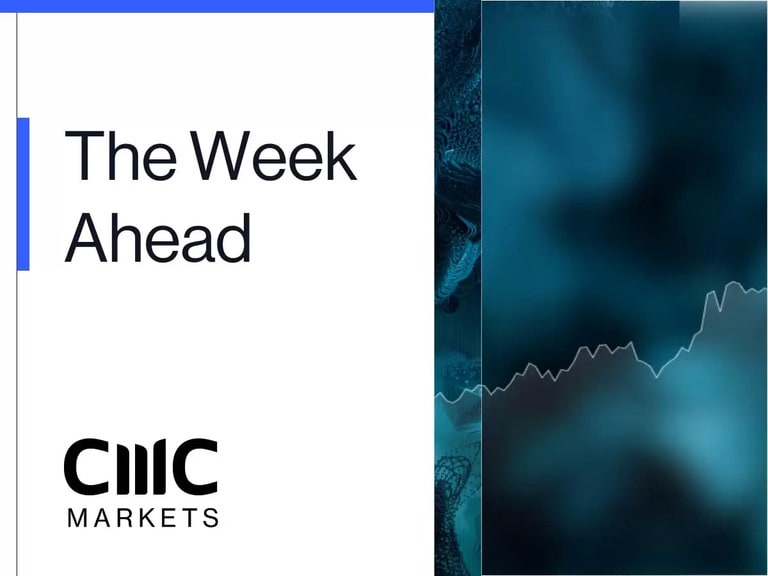Concerns over the economic outlook appear to be weighing on European markets today, with broad weakness in basic resources and the energy sector, which is being caused by weakness in iron ore and copper prices, dragging on the mining sector, and Glencore and Rio Tinto specifically. Weaker oil prices are weighing on BP and Shell, although we have seen some bright spots.
Europe
Premier Inn owner Whitbread share price has hit its highest level since November 2021 after reporting full-year numbers that came in ahead of expectations. Full-year revenues came in at £2.62bn, a 27% increase on 2020. Statutory profits after tax also saw a solid increase, rising to £279m, a 28% rise on 2020 levels, with the UK business outperforming.
The Premier Inn business saw revenue per room increase by 27% from 2020 levels, along with a rise in revenues to £2.5bn, despite occupancy rates in the low 80%.
The German business has continued to underperform with an occupancy rate of 59.4% and is still operating at a loss, despite a sizeable increase in revenues.
On the outlook, Whitbread said that UK sales at Premier Inn were 17% higher than the same period last year. On the inflation outlook management said they expect 7-8% in 2024, expressing confidence that higher sales and cost efficiencies would offset this. A final dividend of 49.8p was announced as well as a £300m share buyback to be completed in H1 of 2024.
Vodafone shares are also higher after Emirates Telecom upped its stake in the business to 14.6% as well as announcing discussions on board level representation
On the downside, on top of the weakness in basic resources, we’re seeing widespread weakness in banking shares after Santander warned of a slowdown in the mortgage market, as well as setting aside a further £9m in UK impairment charges due to concerns over the weaker economic outlook.
While rising rates helped to boost its net interest margin, the flip side of that is the potential for higher borrower distress. Profits also came in lower due to the Spanish government implementing a €224m windfall tax.
This risk of higher impairments is weighing on the likes of HSBC, Lloyds, and NatWest Group, all of whom report over the next week or so.
Swiss bank UBS shares have also fallen sharply after reporting a 52% drop in net profits for Q1, after setting aside $665m in respect of US mortgage-backed securities litigation. Revenues also came in lower than last year, while operating expenses rose. As a result of the Credit Suisse collapse the bank saw $28bn of inflows into its wealth management unit.
Primark owner Associated British Foods’ share price has slipped towards the bottom of the FTSE100, slipping back from yesterday’s 15-month highs, after announcing H1 numbers that pointed to increasing pressure on margins due to high inflation. H1 group revenues rose by 21% to £9.56bn, while adjusted profit before tax came in at £667m.
On the various businesses Primark sales rose 19% to £4.23bn while margins came in at 8.3%. The various food businesses saw revenues rise to £5.33bn, a rise of 23%, with the ingredients business posting strong profit growth.
On the outlook management warned that input costs are a priority, even as some have started to reduce, saying they expect adjusted operating profit in the food business to be ahead of last year. With respect to the Primark business management expressed concern about consumer spending holding up in the face of rising interest rates, and the higher cost of living. H2 margin is still expected to in line with H1 at 8.3%, while adjusted operating profit for the year is expected to be in line with last year.
US
US markets have opened lower, weighed down by apprehension that this weeks tech earnings numbers may well disappoint. Today’s US consumer confidence numbers for April have done little to reassure, sliding to the lowest levels since July last year at 101.30. Manufacturing activity has also continued to decline to weaken with the latest Richmond Fed manufacturing data weakening further in April.
AlthoughFirst Republic Bank shares saw a strong session yesterday, that has more than unwound today with the shares plunging to record lows after yesterday’s Q1 numbers saw the bank announce deposit outflows of $72bn over the quarter a much higher figure than expected.
The bank said it is looking to cut its workforce by around 25%. The bank also withdrew all its guidance for the year.
Total revenue came in at $1.2bn, a 15.9% decline from Q4. The bank said its borrowings totalled $105.9bn from the Federal Reserve over the quarter, the cost of which is likely to weigh on its margins over the rest of the year, unless it can replace these with new deposits which doesn’t seem likely unless they somehow manage to restore confidence.
UPS shares have also slipped sharply after the logistics company downgraded its expectations for full year revenue to between $97bn and $99bn, with the company warning that slowing US retail sales will weigh on its outlook. Q1 revenues came in below forecasts at $22.9bn even as profits came in line with expectations at $2.20c a share.
After the close today we have the latest quarterly numbers from Google owner Alphabet and Microsoft, where the main focus is likely to be on both companies cloud business, which has in previous quarters been a bright spot.
FX
While disappointing economic data out of the US has weighed on short term yields, the US dollar is getting a bit of a haven lift as it outperforms across the board.
The worst performers have been the commodity currencies on the back of weaker iron ore and copper prices with the Australian dollar slipping bac, while weaker oil prices are weighing on the Norwegian Krone and Canadian dollar.
The pound is also underperforming after Bank of England chief economist Huw Pill painted a rather bleak outlook for the UK economy, saying that Britons would have to get used to the idea of being worse off in the short term. He also said he expected UK inflation to drop below 2% in over 2 years’ time. He went on to say that there was a risk that monetary policy might do too much, undermining some of the recent narrative that points to another rate hike next week. There is a rather large caveat to this interpretation given that he made these comments before last week’s higher than expected inflation number, so they are a little dated.
Commodities
Today’s US dollar rebound, along with doubts over Chinese commodity demand, is weighing on crude oil prices, reversing the gains of the last couple of days.
Gold is currently treading water below $2,000 an ounce despite a slide in US yields which ought to be supportive, however the strength of the US dollar appears to be offsetting the wider risk off tone.
Volatility.
A couple of cyber security stocks found themselves in focus during Monday’s trade, with the resulting price action triggering elevated levels of volatility for CMC’s proprietary basket of equities covering the sector. Cognyte sold off in the wake of news of a class action lawsuit, whilst signs of stakebuilding bolstered Secureworks, both being key constituents in the basket.
One day vol on CMC’s Cyber Sec basket came in at 24.99% against 24.24% on the month. Sugar prices continue their run higher with the new week bringing about a successful test of the 26 cents per pound level. This is doing little to help placate concerns over food price inflation either but one-day vol on the soft commodity was recorded at 49.22% against 39.56% for the month. In arguably a better sign for policymakers worried about spiralling food prices, corn continued its decline, testing one-month lows on Monday.
A positive outlook on US planting is seen as a fundamental driver here, whilst substitute crops are also trending lower. One day vol on corn came in at 25.43% against 20.95% on the month.
Elsewhere activity was relatively subdued, with little price action proving worthy of note in either fiat currencies or digital assets, all of which recorded daily vol below monthly equivalents.
CMC Markets erbjuder sin tjänst som ”execution only”. Detta material (antingen uttryckt eller inte) är endast för allmän information och tar inte hänsyn till dina personliga omständigheter eller mål. Ingenting i detta material är (eller bör anses vara) finansiella, investeringar eller andra råd som beroende bör läggas på. Inget yttrande i materialet utgör en rekommendation från CMC Markets eller författaren om en viss investering, säkerhet, transaktion eller investeringsstrategi. Detta innehåll har inte skapats i enlighet med de regler som finns för oberoende investeringsrådgivning. Även om vi inte uttryckligen hindras från att handla innan vi har tillhandhållit detta innehåll försöker vi inte dra nytta av det innan det sprids.






